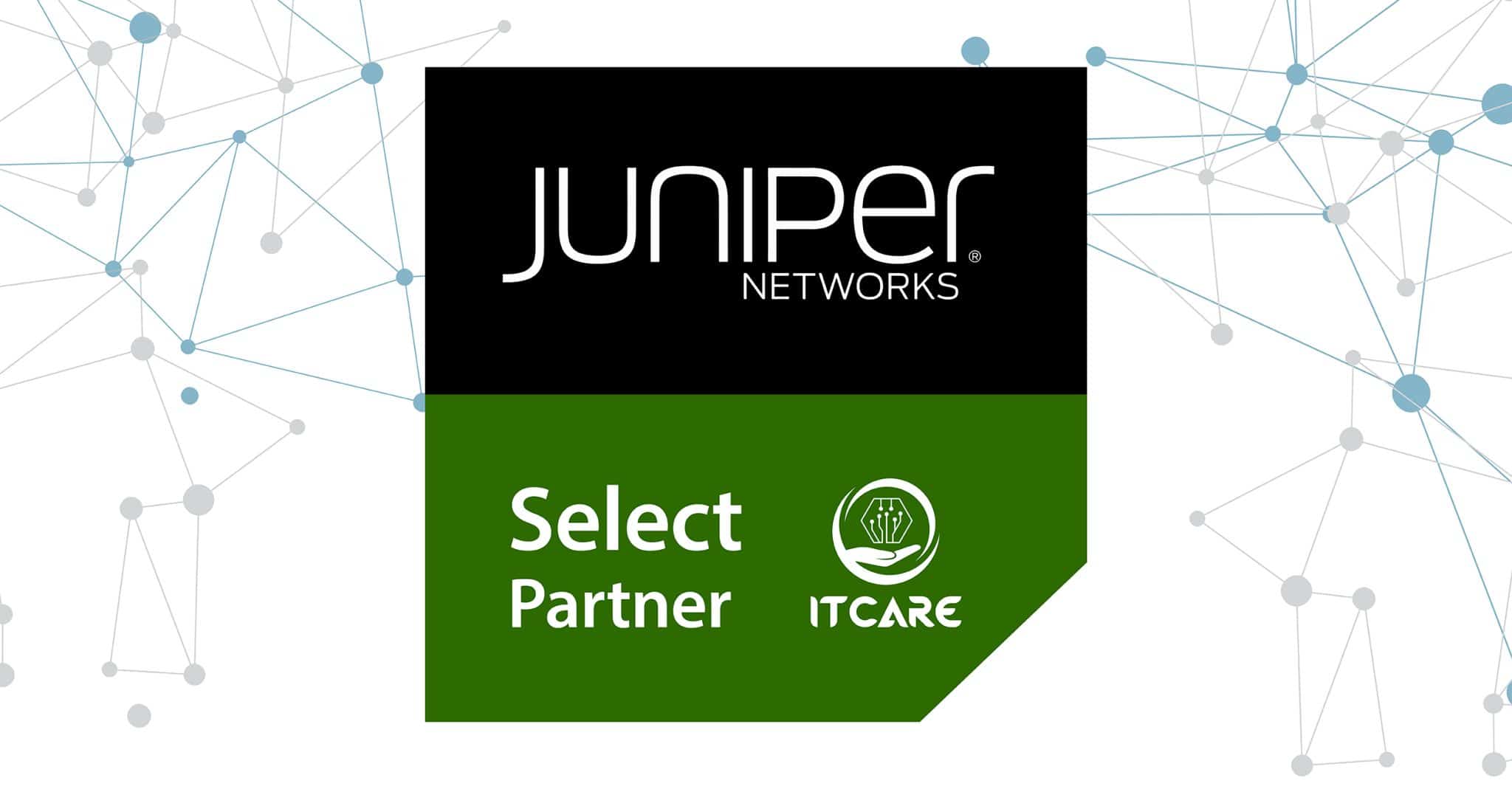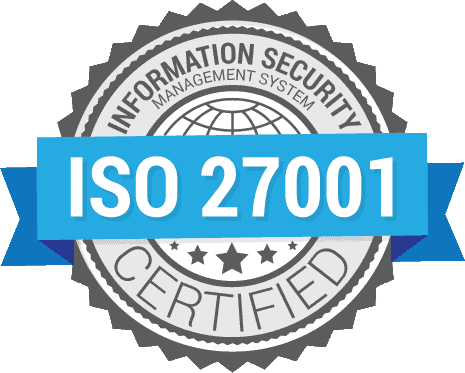What Is network engineering? A comprehensive guide to the backbone of IT infrastructure
You rely on your network more than you realize. Emails, file transfers, remote access, app performance, all of it depends on how well your network is designed, maintained, and scaled. That’s exactly where network engineering steps in. It’s not just about cables and routers; it’s about creating the digital backbone that supports everything your business does, every second of every day.
Whether you’re launching a new platform or streamlining operations, network engineering ensures that your infrastructure stays secure, stable, and responsive. If you’re unsure what a network engineer really does or how their work affects your operations, this guide is for you.
What does network engineering mean?
At its core, network engineering is the discipline that plans, builds, secures, and optimizes IT networks. This includes physical devices like routers, switches, and firewalls, as well as virtual infrastructure spread across cloud and hybrid environments.
When you’re dealing with a growing number of users, remote access requirements, or mission-critical applications, your network can become a bottleneck if it’s not structured properly. That’s where the role of the network engineer becomes indispensable.
A network engineer’s responsibilities typically include:
designing scalable and secure architectures;
managing bandwidth and routing protocols like BGP or OSPF;
implementing monitoring tools for performance and availability;
troubleshooting outages and bottlenecks across multi-vendor environments;
collaborating with security teams to enforce safe data flows.
Without a properly engineered network, even the best applications or systems struggle to perform.
Reliable network and system support ensures that your infrastructure runs smoothly, allowing your teams to stay focused on operations instead of troubleshooting outages.
Core responsibilities of a network engineer
A network engineer doesn’t just respond to incidents, they prevent them. Their role is deeply proactive. They look for weak spots in your infrastructure, assess your growth plans, and develop systems that work today but can scale for tomorrow.
Here’s what you can expect a professional network engineer to handle:
infrastructure Design: layered networks that isolate critical systems and ensure failover;
protocol Configuration: from IP addressing to tunneling protocols like IPsec;
network Security: managing firewalls, access controls, VLAN segmentation, and intrusion detection;
monitoring and Automation: using tools like Zabbix, Prometheus, or NetBox to track metrics and deploy scripted updates;
documentation: mapping network topologies, access rights, and system interactions in clear technical documents.
If your business operates across multiple locations or serves remote users, a well-engineered network becomes the glue that keeps everything connected, consistent, and secure.
How network engineering supports your business goals
Every IT investment should support business results, and network engineering is no exception. It lays the foundation for:
business continuity, with failover mechanisms that prevent downtime;
scalability, so you can expand services or open new branches without starting from scratch;
security compliance, especially in industries bound by data protection laws;
cost-efficiency, through smarter routing, reduced latency, and minimized hardware duplication.
For example, if you’re moving systems to the cloud, a network engineer ensures that VPNs, bandwidth allocation, and security rules are all aligned. If you’re facing high latency in a multi-site setup, they can optimize your routing paths or recommend SD-WAN solutions.
Tools and technologies network engineers use

To do their job well, engineers rely on a powerful toolkit that spans hardware, software, and code. You don’t need to be an expert, but you should know what capabilities to expect from the people managing your network.
Common tools and technologies include:
routing protocols: BGP, OSPF, EIGRP for dynamic traffic handling;
configuration management: Ansible, Terraform, or custom Bash scripts;
network monitoring: Zabbix, Grafana, Wireshark, NetFlow;
security systems: pfSense, Fortinet, Cisco ASA firewalls;
cloud networking: VPCs, VPN gateways, load balancers from AWS, Azure, or GCP;
virtualization: VMware, KVM, Proxmox for running virtualized networks.
When partnered with a provider like ITcare, you benefit from certified expertise in all of the above, tailored to your existing infrastructure and growth plans.
When should you involve a network engineer?
Too many businesses bring in a network engineer after something breaks. The smarter approach is to engage one before issues occur. Whether you’re scaling fast or trying to secure legacy systems, now is the time.
Signs you need a network engineering expert:
your teams complain about slow or unreliable access;
you’re planning a data center move or cloud migration;
downtime is affecting your clients or operations;
you lack in-house expertise for L2/L3 incident resolution;
your network documentation is outdated or non-existent.
Partnering with an expert early helps you stay ahead of outages, compliance issues, and hidden costs.
Managed vs. professional services in network engineering
Depending on your needs, you may prefer ongoing support or project-based services. At ITcare, both are available and clearly structured.
Managed Services are perfect if:
you want 24/7 monitoring from a dedicated 24/7 NOC;
you need L3 support for advanced routing or protocol issues;
you prefer SLA-backed resolution times and clear escalation paths.
Professional Services are ideal when:
you’re building or redesigning your network architecture;
you need multi-vendor integration or cloud migration planning;
you want expert input on high-availability design or security layers.
Both models help reduce IT spend and improve operational control without expanding your internal team.
Certifications that matter in network engineering
You want engineers who don’t just claim expertise, but they prove it. Certifications show that they’ve met vendor or industry standards for specific skills.
Key certifications to look for:
Cisco CCNA, CCNP, or CCIE;
Juniper JNCIA, JNCIS, JNCIP;
AWS Solutions Architect – Associate;
Certified Kubernetes Administrator (CKA);
Linux Professional Institute Certifications (LPI);
ISO 27001 knowledge for security alignment.
At ITcare, our engineers hold all of the above, giving you full confidence that the people behind your infrastructure meet global standards.
If you want predictable performance, secure access, and the freedom to grow your business without worrying about the backend, you need a network that’s built with care, foresight, and technical precision.







